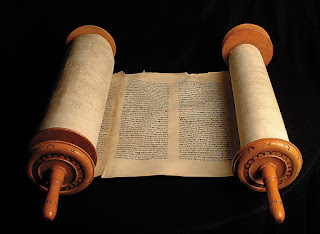THE PLACE WHERE THIS EPISTLE WAS WRITTEN.
There is in the New Testament no hint of John' s residence in Ephesus, but there is ample indirect proof of this fact. Christianity from the beginning of its conquest of the world entrenched itself in those great centres of influence, the great cities of the Orient, Antioch, Alexandria, Ephesus, Thessalonica, Corinth and Rome. Paul found a small society of Christians in Ephesus, and by his years of labor greatly enlarged and strengthened it. The place was of sufficient importance to attract one of the Twelve to succeed the apostle to the Gentiles.
The trade of the Aegean Sea was concentrated in its port. Since Patmos, the place of John's exile, is only a day's sail from Ephesus, "the metropolis of Asia," it is quite probable that this city was the place of his abode both before and after his sojourn on that rugged island; and doubtless he was recalling the scenes he had looked upon in the Ephesian markets when he gave that gorgeous description of the merchandise of Babylon in Rev. xviii. 12, 13, "of gold, and silver, and precious stones, and pearls, and fine linen, and purple, and silk, and scarlet; and all thyine wood, and every vessel of ivory, and of brass, and iron, and marble; and cinnamon, and spice, and incense, and ointment, and frankincense, and wine and oil, and fine flour, and wheat, and cattle and sheep; and merchandise of horses and chariots and slaves, and souls of men." The last two items intimate the terrible wickedness of the times, especially in great commercial cities.
While no
contemporary writer testifies to John's residence in Ephesus, there is
testimony to this fact by a number of subsequent writers, such as Justin
Martyr, probably within fifty years of John's death, Irenaeus,
Polycrates, Polycarp find Apollonius. We will not multiply witnesses to
prove what few, if any, deny.
The church in Ephesus in John's day
must have been quite large, since it had enjoyed the labor of Apollos,
Paul, Aquila and Priscilla, Trophimus, Timothy and the family of
Onesiphorus. Paul left it well organized under presbyters, whom he
afterwards addressed at Miletus. Such was the environment of John in his
last days. For the splendor and magnificence of idolatry in Ephesus see
our note on the last words of this Epistle, "Guard yourselves from
idols."





















